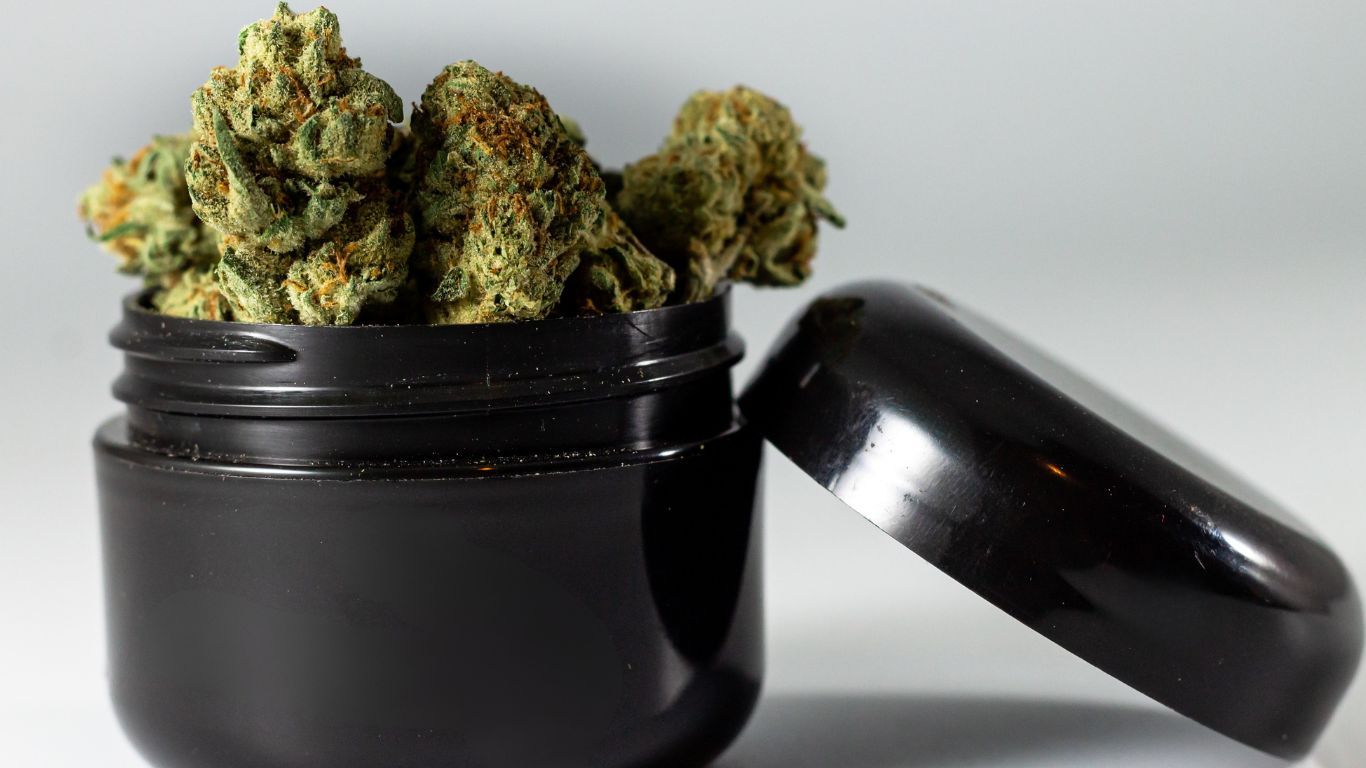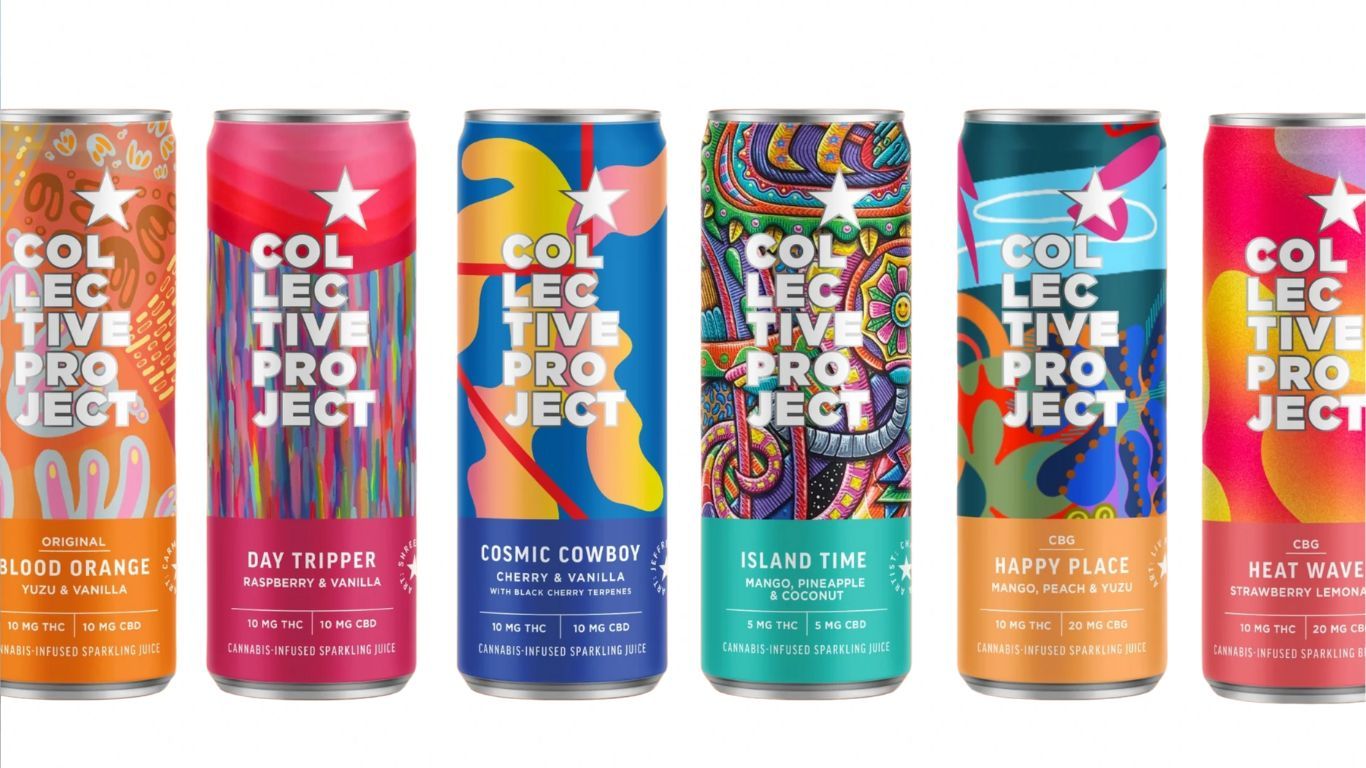
Cannabis home growers in Regina will have a new way of accessing legal starting materials this month, as one BC-based cannabis nursery begins offering drop shipping of their tissue culture samples via two Tweed retail locations in Saskatchewan’s capital city.
BC’s ProgenyBio/CanGenX says their tissue-culture-based cannabis starts, which they have been providing for commercial growers for a while, will now be available for consumers who are looking for reliable, clean, tested starting materials for their home grow.
Geoff White, the founder of ProgenyBio, which sells seeds and clones through their CanGenX brand, says that consumers will be able to order the products via a kiosk in two retail locations in Regina. ProgenyBio will send product out on a weekly basis to the retailer to be picked up by the consumer.
“We’ve been trying for some time to get our tissue culture to the retail market,” continues White.
“We’ve been shipping our tissue culture to LPs for the last year or so with almost a one hundred percent success rate, so it’s now time to take it to the retail market.”
Although White says they hope to offer the product in other provinces, soon, Saskatchewan is a good market to test the products in because of the ability to ship directly to retailers, without a provincial distributor in the middle. By starting their new product offering in just two stores, White says they can figure out some of the logistics before moving into a larger market.
“There’s less bureaucracy in getting the live plants to market in Saskatchewan,” explains White. “With the other provinces it doesn’t really fit into their chain yet. They’re all working on it, but it’s not there yet. So a small pilot project means we can learn and garner information for other markets in terms of logistics and demand.”
White says that BC and Ontario have both expressed interest as well, with BC potentially looking to experiment with drop shipping models for delivery. One of the challenges in Ontario, he says, is the Province’s requirement for fifteen million dollars worth of recall insurance, one third higher than most provinces, which he has not been able to find an insurer to allow him to meet.
Although the three initial varieties available, J7, R4, and D3 are primarily for indoor growers, he says they will be offering more varieties from their genetic bank as the program evolves, including varietals more suited to outdoor.
Acknowledging that consumers may experience some sticker shock at the suggested retail price point of $150, he explains that the real value of the product is not just about starting material, but starting material that is much more stable than a traditional cutting from a mother plant, and is also virus tested, pest and disease free. It can also be immediately rooted and grown into a mother plant for future cuttings, or directly into a flowering plant.
There’s less bureaucracy in getting the live plants to market in Saskatchewan. With the other provinces it doesn’t really fit into their chain yet. They’re all working on it, but it’s not there yet. So a small pilot project means we can learn and garner information for other markets in terms of logistics and demand.
Geoff White, Progeny Bio
“You won’t be bringing in any diseases or pathogens in your grow,” says White. “And because they are from tissue culture, they are much less prone to so-called genetic drift. It’s also almost always true to type, very rarely do you get an offshoot or mutation. And we don’t use any growth hormones like PGRs.”
When consumers are already paying ten dollars a seed or more, in both the licit and illicit market, for products that are often mislabeled and misidentified, ensuring that you know exactly what variety you are buying and that it will truly be a female can be worth it to many growers.
“We’re up against issues with feminized seed being mislabeled and coming back with males, so we have to address the matter,” continues White. “Clones are the best way to ensure we get true females. People have tried with direct clones, but they are sometimes a little dirty, not necessarily the best quality, and don’t always ship very well. So doing tissue culture where they are essentially self maintained and shipped really well, that’s what this retailer was looking for.”
One other cannabis nursery has reportedly provided clones in the Saksatchewan market on a very limited basis, and Newfoundland started listing a handful of varieties of clones from Ontario-based cultivator Eve & Co in December 2018, allowing consumers to purchase the plants online through the provincial retailer and having them shipped directly to the consumer from the cultivator.
Kelsey Jobson, Director of Product Management at Eve & Co, says the Ontario-based grower has continued to sell live plants to Newfoundlanders, but demand has been relatively low, shipping only a few plants a week, and they have received pushback from Health Canada on the compliance of the clone shippers they used for the live plants.
Jobson explained to StratCann earlier this year that the federal regulator had concerns that their clone shipping material didn’t comply with the federal consumer packaging regulations because the clone packaging had a transparent, breathable window.











